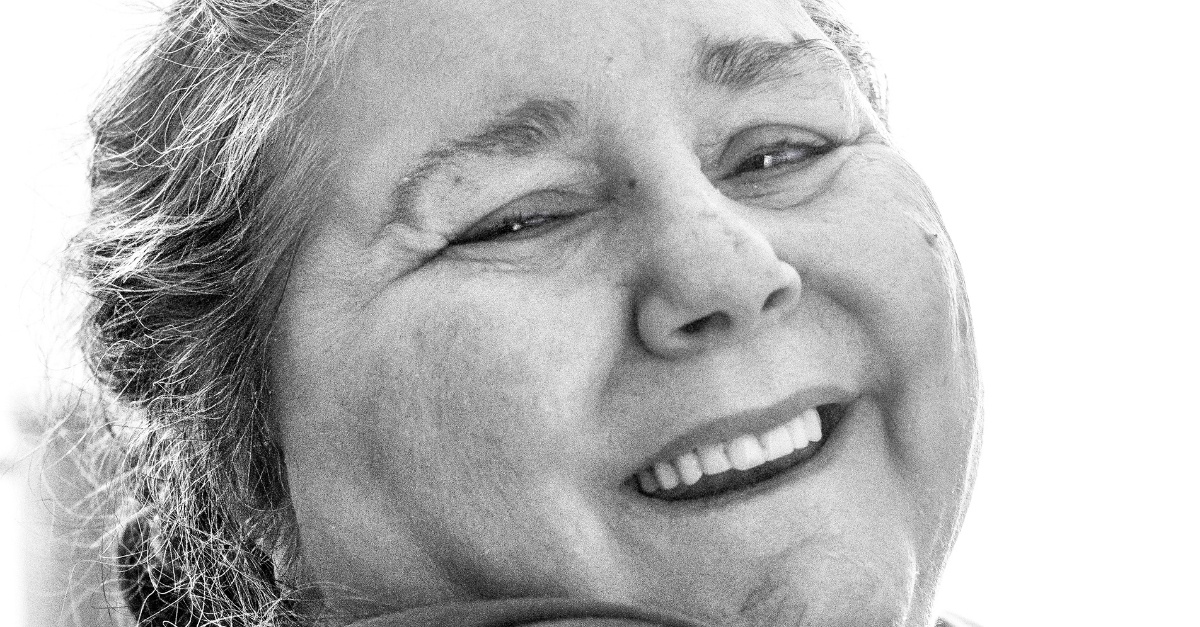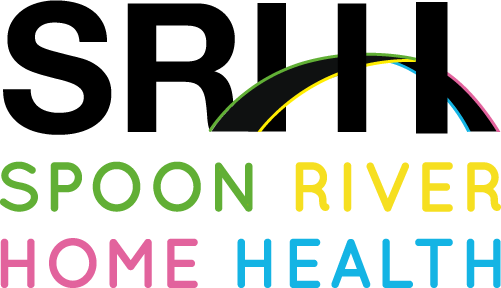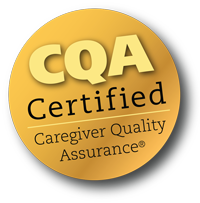
As we age, the daily tasks of living can become harder to accomplish. All the things that once seemed so easy now require planning and thought. It can lead to a sense of helplessness and frustration that permeates every aspect of life. A home caregiver is a vital link in helping a senior maintain a sense of control. Here are 9 ways caregivers can help improve quality of life. Aging is inevitable, doing so with grace and dignity is a Universal right.
1. Help ease loneliness
According to recent studies, depression affects millions of seniors over 65. Isolation and loneliness are at the top of the list for causing this. The small act of someone routinely coming into the home and being there for your loved one helps them to feel seen and heard.
2. Diminish frustrations
As we age, things we take for granted in our youth can become difficult or impossible. A care giver can take care of things, like cooking, cleaning, and laundry, which eliminates the worry or frustration that can come with not getting it done. Removing the source of frustration can go a long way towards increasing your loved one's happiness.
3. Encourage physical activity
A caregiver works with your loved one to encourage their physical health. They work carefully within the confines of your loved one's limitations to encourage they stay as active as safely possible. A daily walk in the backyard or encouraging them to get off the couch and into the kitchen can make a difference. Small, daily goals help a senior stay healthy longer.
4. Stimulate mental activity
While maintaining physical health is important, mental health is equally important. A caregiver can play games, work on crafts, and engage in activities with your loved one. Keeping the brain active and stimulated allows your loved one to stay engaged in the world around them.
5. An extra set of eyes and ears
Caregivers are often the first ones to spot subtle changes that perhaps a client or family member might not initially see. Small tears in the skin, changes in eating habits or increased agitation and confusion can all be signs of more serious, underlying issues. This extra set of eyes and ears is a proactive instead of reactive approach to your loved ones over all wellbeing.
6. Reduce the risk of falls and injuries
Having someone available with your loved one helps them stay safe within their environment. In the event of a fall or emergency, every second counts. The difference between being home alone or having someone who can reach appropriate emergency personnel can be the difference between treatable and life threatening.
7. Help their clients feel useful and needed
A caregiver engages their client to be as independent as possible. No one wants to feel like a burden. Losing your sense of independence can be downright frightening. Caregivers encourage their clients to perform tasks within their abilities, giving your loved one a necessary sense of control in their decision making.
8. Resetting the family dynamic
Anyone who has done caregiving for a loved one can attest, the reversal of roles, the onset of responsibilities is stressful for everyone. The shift in dynamic can lead to anger, sadness and depression for all involved. A caregiver allows seniors and their loved ones to get back to being just family. Giving you and your loved one a chance to have moments that become memories you cherish down the road.
9. Providing peace of mind
One of the most stressful things for all ages, is the unknown. For seniors, this "not knowing" can be doubly painful. Imagine what it must feel like to know you can no longer wash your own hair, or cook the meals your family once raved about. That sense of losing control can be overwhelming. Having someone you can count on to help provides peace of mind.




















